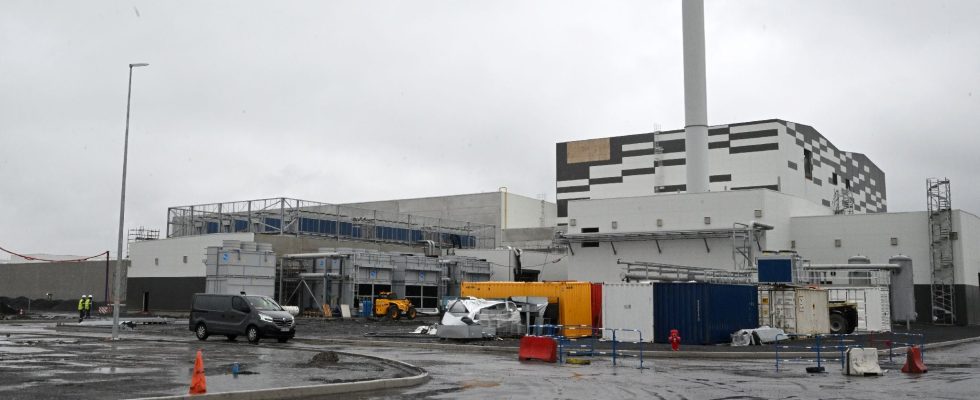In 2023, 57 new factories opened in France, i.e. in total, including site expansions with new production lines, 201 new industrial sites, compared to 176 in 2022, the Minister Delegate for Industry and Industry announced on Wednesday. of Energy, Roland Lescure.
“When I was appointed Minister of Industry, a year and a half ago, I did not have an exhaustive objective measure of reindustrialization,” declared the minister on Franceinfo, announcing the creation of a new “ State industrial barometer”, available since Wednesday morning, and showing the net results of the openings and closures of industrial sites, and significant extensions of production chains over the past year.
Last year, “it is interesting to note that the industrial base is present and continues to expand” in France, particularly in the agri-food sector and in green and eco-circular industries (recycling, batteries, hydrogen electrolysers, renewable energy , methanizers…), we emphasize in the minister’s office.
The barometer shows the opening of 139 new factories
According to the raw figures published on Wednesday, based on administrative authorizations issued by prefectures and counting the “effective openings” of sites in 2023, 170 new factories opened in France, accompanied by 184 “significant extensions” of industrial sites, while 113 factories closed and 40 “significant reductions” were recorded. That is a net balance of 57 additional factories (+16%), or a balance of 201 sites taking into account expansions (+14%).
For the previous year, in 2022, the barometer shows the opening of 139 new factories, 151 “significant extensions”, 90 factory closures, and 24 “significant reductions” of production lines. That is to say a positive net balance of 49 factories, or 176 sites with extensions.
The two most dynamic regions are Auvergne-Rhône-Alpes (net balance of +73 sites including extensions) and Nouvelles Aquitaine (+30), alone concentrating 50% of net openings, as in 2022, followed by Normandy (+24). The Hauts-de-France region, on the other hand, shows a negative net balance of -9, after -6 in 2022.
“This region has experienced closures in traditional sectors of industry, but it is also where the openings of battery gigafactories are concentrated, the Renault electric vehicle hub in Douai, and that of battery components in Dunkirk” , we emphasize in the minister’s office.
The agri-food sector is a “central pivot” of reindustrialization and will retain its first place in 2023, while that of metallurgy “appears the most in difficulty” according to the same source.
